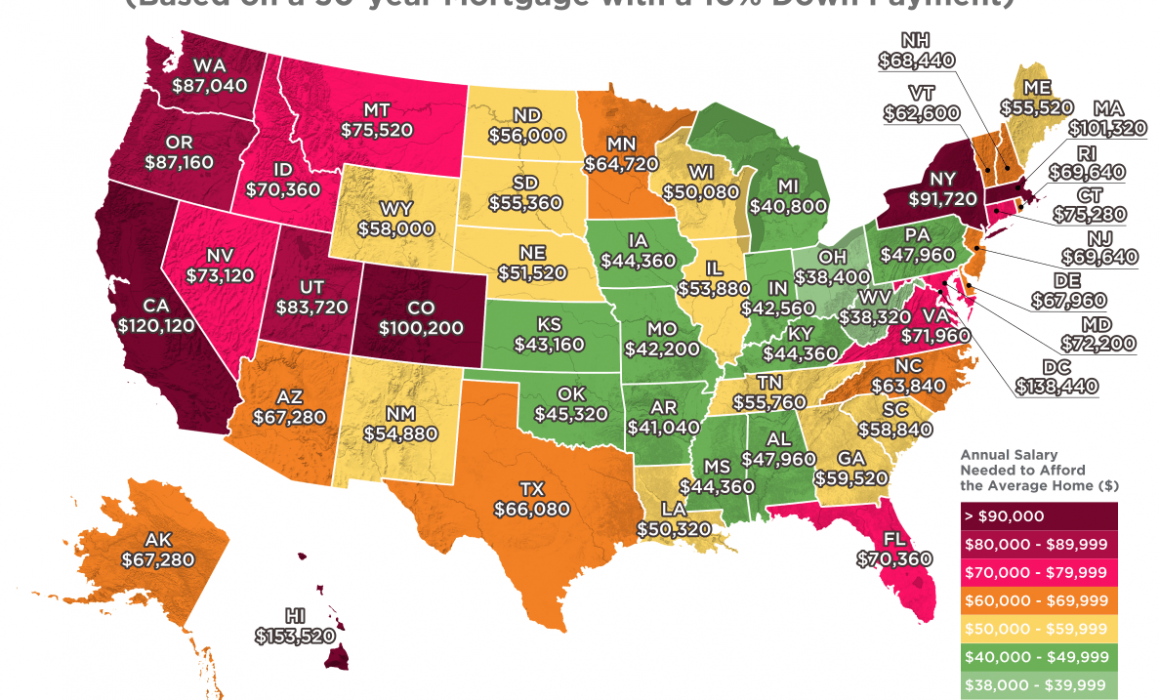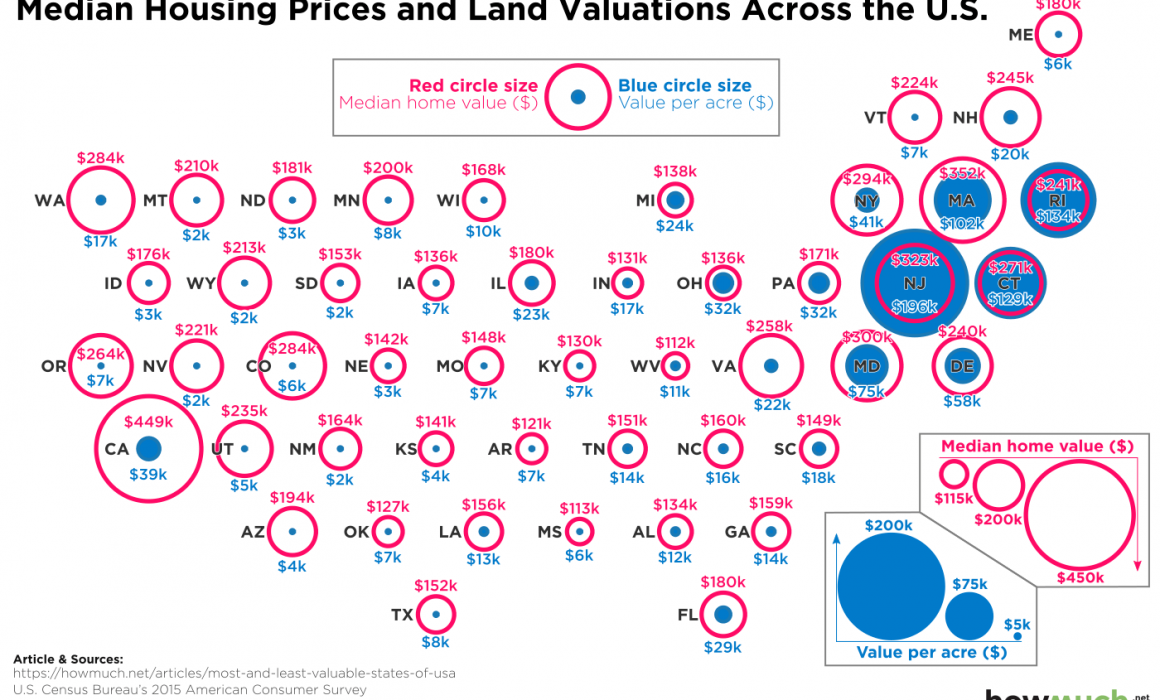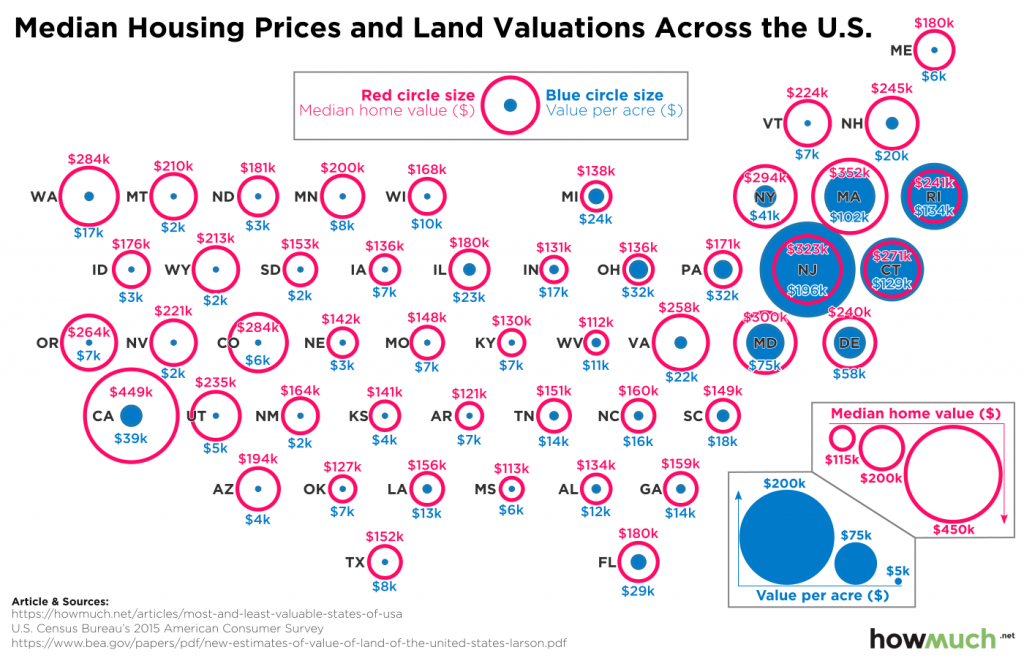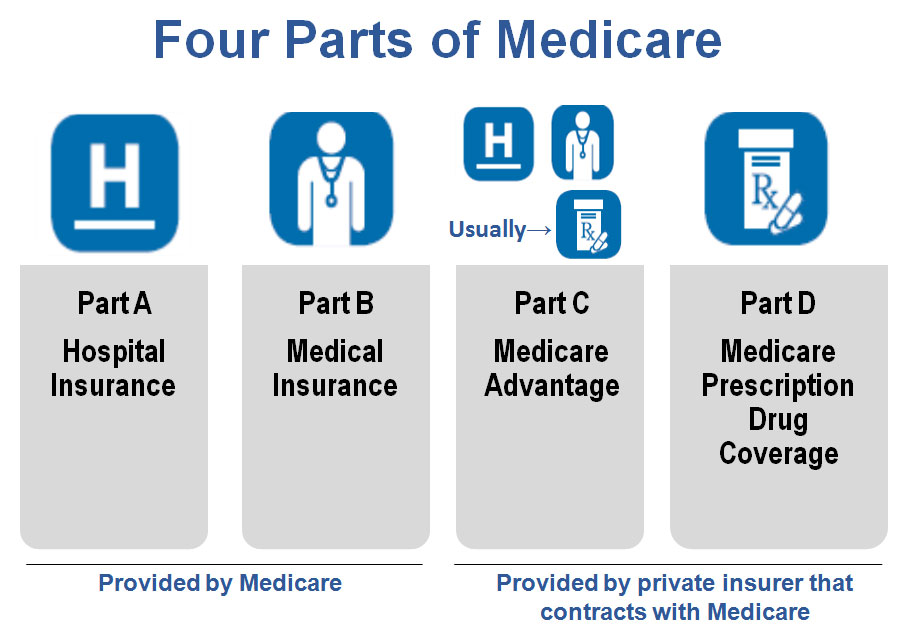Class of 2018: Financial Advice That will CHANGE YOUR LIFE
 The following is a brief excerpt from the commencement address by Dr. Chris Mullis to the graduating class of Providence Day School on May 31, 2013. The full text of Dr. Mullis’ speech, that includes career advice, financial guidance, and a few pearls of wisdom, can be found here.
The following is a brief excerpt from the commencement address by Dr. Chris Mullis to the graduating class of Providence Day School on May 31, 2013. The full text of Dr. Mullis’ speech, that includes career advice, financial guidance, and a few pearls of wisdom, can be found here.
At my investment advisory firm, we developed complex computer algorithms and use them to manage our clients’ investment portfolios. But the basic steps you need to take to manage your own money well are deceptively simple. First, live within your means and avoid being caught up in rapid lifestyle inflation. You will not live like your parents when you first start out. Second, save and invest your money wisely. Let me elaborate on this point.
Wealth accumulation depends on three factors: how much you save, the rate at which your money grows, and how long you save. That last factor, time, is very, very important. There’s an urban legend that Albert Einstein once said that compounding interest is the most powerful force in the Universe. That quote is likely misattributed but the message is spot on. If you save $5,000 a year for 40 years and earn 8% annually, you will eventually have $1.3M. But if you delay starting for merely 5 years, your results after 35 years will be only $860k. That 5-year delay preserved $25k of short-term capital but ultimately cost you >$400k in the long run. Time is the most powerful lever in the machinery of investing. Nothing else comes close to it.
So what do you need to do? Start saving and investing right out of high school regardless of how hard you think it hurts or how unpleasant the tradeoffs. Even if you set aside only 5% of your paycheck starting out, do it to get into the habit of saving. Delaying getting serious about investing until my 30s was a significant financial mistake on my part. No one ever sat me down and explained how important it is to start investing early. Now that we’ve had this little talk, you’ll never be able to say that no one told you.
























